
Women’s representation in entrepreneurship, the barriers women face in entrepreneurship is all well documented and well researched with robust evidence from around the world. From seeking access to external finance, to engaging in those critical business networks, managing the work-family interface- We have all heard and read about the many challenges women entrepreneurs have to navigate .
Women’s entrepreneurship in developing countries is particularly at risk, as women’s anticipated vulnerability is likely to be exacerbated due to the pandemic. Not only are women-led businesses amongst the hardest hit but more than 93% of women report having struggled with finding ways to support their businesses whilst managing their work and family commitments. Even before the pandemic women were already vulnerable spending five times more in childcare and over three times more in household chores than their male counterparts, experiencing an unemployment rate twice that of men (SME Finance Forum, 2020). There is a fear that this pandemic will turn back the clocks on women’s entrepreneurship because women bear the burden of unpaid caregiving including childcare, household responsibilities and elderly care .
With a staggering number of small businesses shutting down, there are disproportionate impacts on women business owners with a 25% drop in small business activity between February to Mid-April 2020 and a 16% drop in number of business ownership for active male and women business owners (Fairlie, 2020). And there is global attention to this as well which is very encouraging.
Hosted by BU Social Entrepreneurs Forum and supported by BU Women’s Academic Network on the 17th of November we led an international event with women entrepreneurs from Brazil, The UK, Oman and Iraq to share their experiences of leading and running a business in the midst of a global pandemic.
We heard from women entrepreneurs and their struggles and pathways to resolution in the face of having to manage the work and family commitments; we discussed issues around how external support in the form of women-centric funding bodies, incubation hubs, accelerators programmes can support more representation and increased success of women in entrepreneurship. What came out, very strongly, from the conversations, was the immense collective force of empowered women who are not just trailblazers but change makers and who, relentlessly, try to empower other women to take charge of their business interests and decisions!
With three parallel discussions in the event on women entrepreneurs and the care-giving role, we heard from the founder of The Mumpreneur Collective, Erin Thomas Wong, who discussed how motherhood was a springboard for her entrepreneurial actions and ambitions and in recognition of the multiple challenges and expectations that motherhood bestows on women she set up this organisation to provide support, mentoring opportunities and peer learning for mothers wanting to fulfil their entrepreneurial ambitions.Other women entrepreneurs, namely, Sarah Ali Choudhury, Forbes’s Curry Queen ; Aira Nascimento, Founder of Josephinas Colab, a social business of female entrepreneurs from the periphery and cultural space that rescues Afro-Brazilian and Indigenous culture in Campo Grande, Brazil; Maryam Al Amri, Founder of Youth Vision, Oman and Gabriela Anastacia, CEO of Gamarc Communications and Founder of (after motherhood) the social impact movement, Papo de Empreendedora [Female Entrepreneur Chat] discussed democratising access to entrepreneurship education for women and the support needed by mother entrepreneurs in the context of the pandemic.
Ranya Bakr, Iraq; Ludmila Hastenreiter, Founder and CEO of Empoderamente Contabil, Brazil and Bia Santos, Founder of Barkus Educational, Brazil led the discussions on access to finance and impediment that creates for women entrepreneurs particularly now in the context of the pandemic and prior to it. Emphasising the importance of financial education to create a fair and just society Bia Santos also highlighted the racial inequality that affects businesses like hers in the context of Brazil.
The issues around incubation hub and accelerator support focused on the needs of women entrepreneurs were discussed in the light of the pandemic with expert entrepreneurs including Adrienne Saunders, Founder of Yes You Can Training, UK; Shaima Murtadha Al- Lawati, Oman; Beatriz Carvalho, Founder of Mulheres de Frentes (Women in Front) and Dayse Valencia, an ASHOKA Social Entrepreneur Fellow and coordinator of projects at Rio based NGO, ASPLANDE, Brazil.
It was a particularly proud moment to celebrate two BUBS students, Ranya Bakr from Iraq, a Chevening Scholar, UNDP project lead, Founder of Storey an architectural firm and her work in Iraq developing incubation hubs for women. We also had the pleasure of listening to Maryam Al Amri from Oman, another BUBS student and Founder of Youth Vision supporting youth employment issues in the Arab world through her exemplary work.
This event was co-hosted with Jiselle Steele who supports women and micro entrepreneurs through her work in enterprise development across Brazil, UK and Sri Lanka and is a Senior Project Lead at _SocialStarters, a social enterprise started by Andrea Gamson, a BU Alumna and Top 100 Women in Social Enterprise who supports enterprise development and business consultation across many countries including the UK, Brazil, Kenya and Sri Lanka.

Ranya Bakr, BU Alumna from Iraq and Founder of Storey, an architectural firm.

Bia Santos, Founder of Barkus Education, Brazil

Maryam Al Amri, BU Student and Founder of Youth Vision, Oman
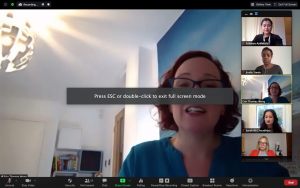
Erin Thomas Wong, Founder of Mumpreneur Collective, UK
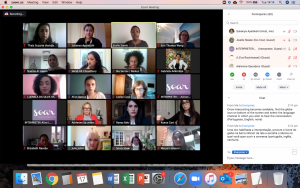
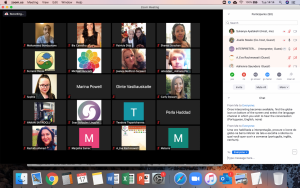
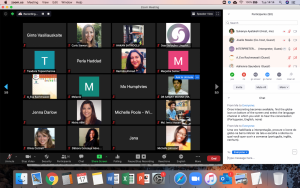
So what is the value of showcase events? Academia affords us the opportunity to create impact through education, research and external engagement. Events such as these raise the profile of the organisation, bring together international audience ( this event welcomed guests from Singapore to Latin America), become part of a global resolution of a huge challenges, support UN SDGs, further BU2025 ambitions and most definitely, lead to research outputs and enhance the student experience. So showcase events may be hard work to put together but absolutely worth every second!
It is a proud moment for us at BUSEF to be celebrating our second BU GEW 2020. Watch the space for more things to come.
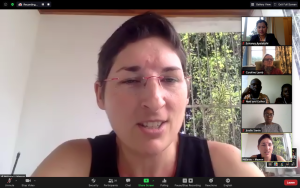
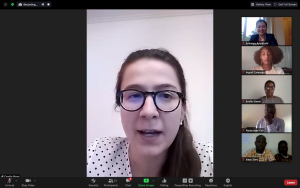
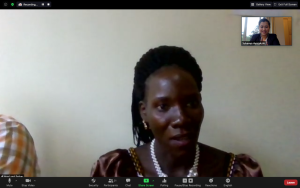
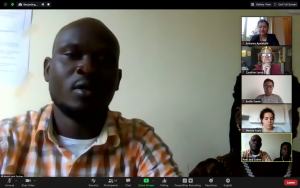
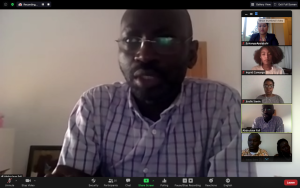


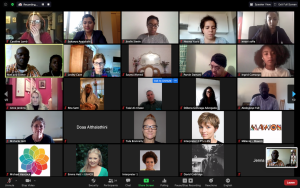
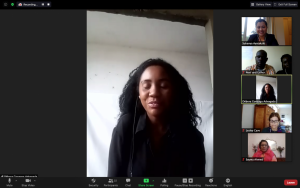
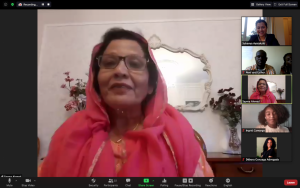

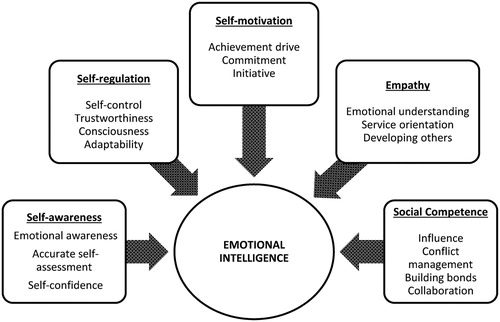
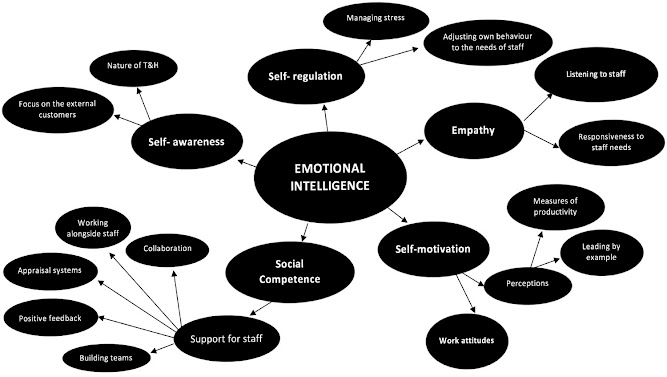
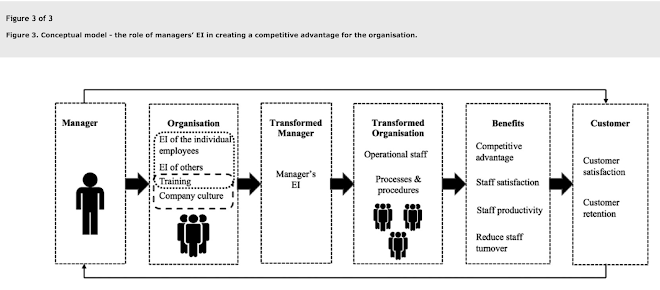


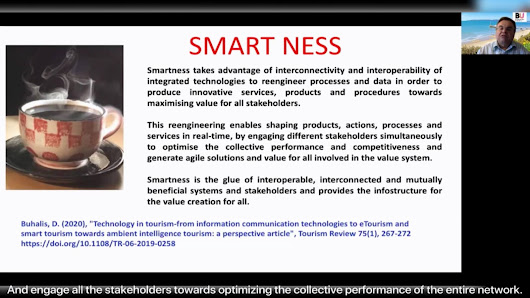


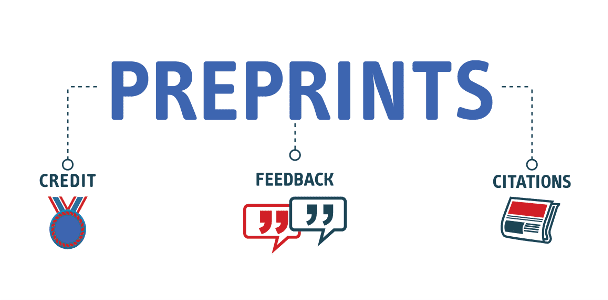






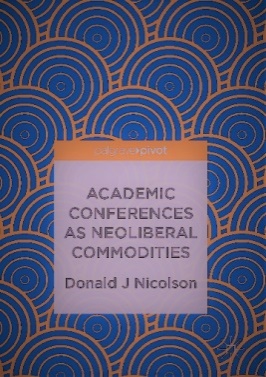
 On 6 April, BU launched a COVID-19 internal competition, with a call for EoIs. This opportunity is open to all staff. The EoI deadline is at 23.59 on Tuesday, 14 April, and the winners will be announced on Tuesday, 20 April.
On 6 April, BU launched a COVID-19 internal competition, with a call for EoIs. This opportunity is open to all staff. The EoI deadline is at 23.59 on Tuesday, 14 April, and the winners will be announced on Tuesday, 20 April.



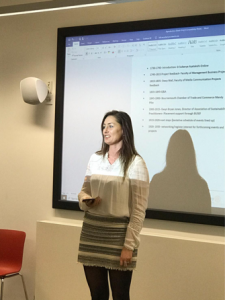

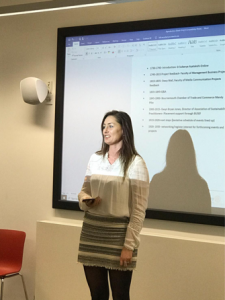
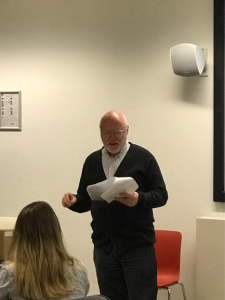
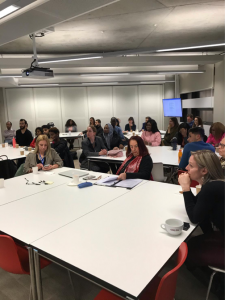
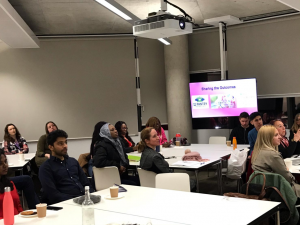
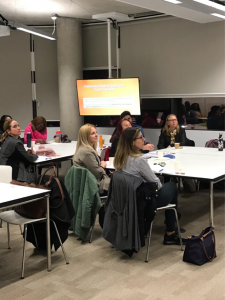



























 SPROUT: From Sustainable Research to Sustainable Research Lives
SPROUT: From Sustainable Research to Sustainable Research Lives BRIAN upgrade and new look
BRIAN upgrade and new look Seeing the fruits of your labour in Bangladesh
Seeing the fruits of your labour in Bangladesh Exploring Embodied Research: Body Map Storytelling Workshop & Research Seminar
Exploring Embodied Research: Body Map Storytelling Workshop & Research Seminar Marking a Milestone: The Swash Channel Wreck Book Launch
Marking a Milestone: The Swash Channel Wreck Book Launch ECR Funding Open Call: Research Culture & Community Grant – Application Deadline Friday 12 December
ECR Funding Open Call: Research Culture & Community Grant – Application Deadline Friday 12 December MSCA Postdoctoral Fellowships 2025 Call
MSCA Postdoctoral Fellowships 2025 Call ERC Advanced Grant 2025 Webinar
ERC Advanced Grant 2025 Webinar Update on UKRO services
Update on UKRO services European research project exploring use of ‘virtual twins’ to better manage metabolic associated fatty liver disease
European research project exploring use of ‘virtual twins’ to better manage metabolic associated fatty liver disease